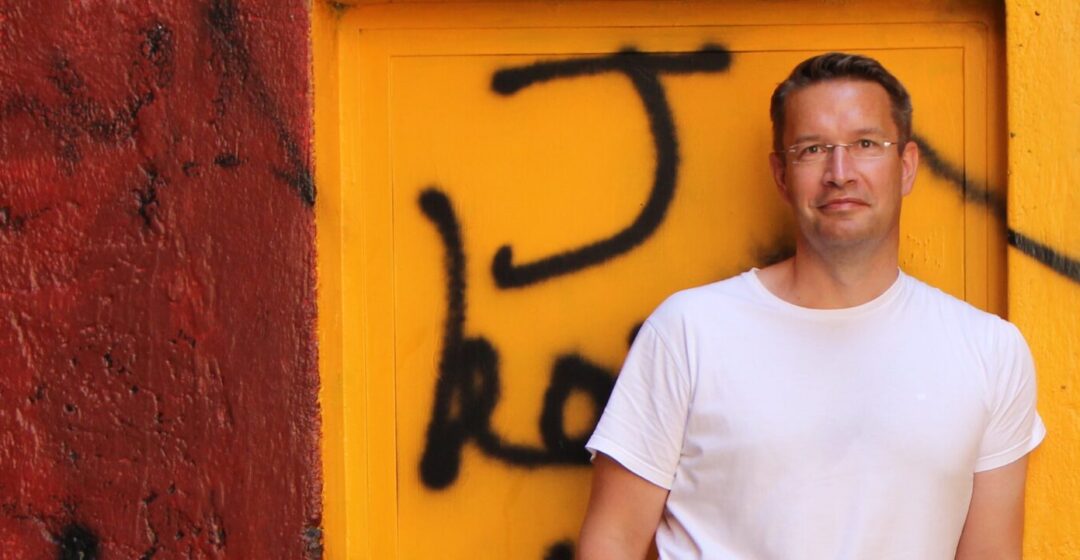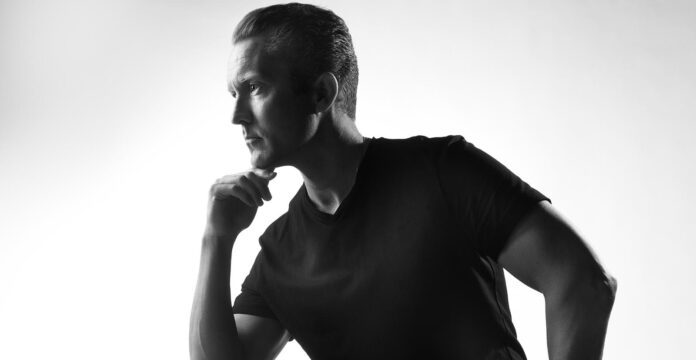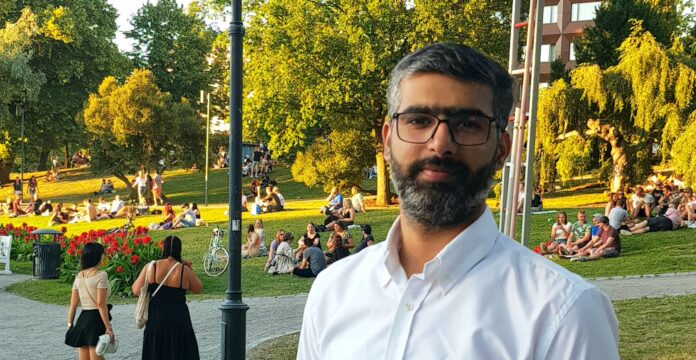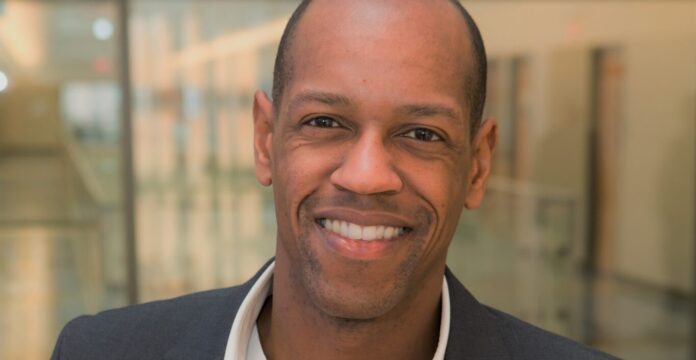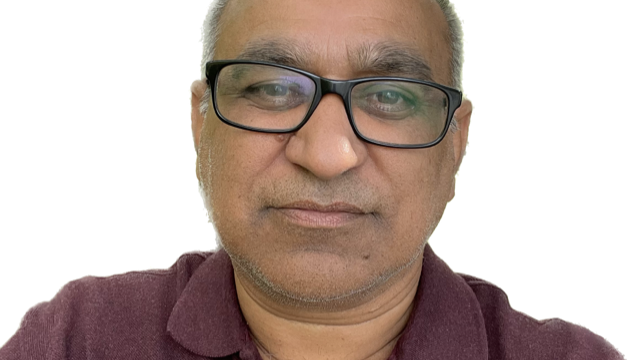Image: “This photo was taken in Rome before Covid-19. Hopefully sometime in the near future travelling will be possible again.”
This series introduces the members of University of Vaasa’s InnoLab research platform. Today we’re meeting Harri Jalonen.
What are you?
I’m a part-time ’wonderer’ and a part-time ’executor’ — it depends on the day which part dominates. In many times I found myself asking why something is as it is. However, at least as often I want to get things done effectively.
I read lot, newspapers, magazines, non-fiction books, novels and memoirs. I listen to music but hear mostly words. I eat food with good appetite but don’t like to spend hours around meals. I do sport because I’ve been told that it keeps me fit. When travelling I like to explore ordinary things, sit on a terrace with a pint and watch people pass by.
Your title at the School of Management and InnoLab is professor, but what exactly do you do?
I read, speak, write and occasionally think. Applying funding for research initiatives and managing ongoing research projects are also my key responsibilities.
My recent research topics include pros and cons of knowledge management, promises and pitfalls of innovation, complex valuation processes and value creation in service context. Complexity thinking has been one of the main pillars of my researcher career. Societally impactful research has always been close to my heart. In practice, I see it meaning active dialogue both in academic communities and in public. I think publishing in academic journals and writing for popular magazines are not mutually exclusive, but complementary activities. In social media I try to cover topical research issues in an informal way. I have found it fascinating and instructive, although a bit challenging to concretize complex phenomena in way that draws public attention.
Sounds like a lot of work. Why bother?
It’s not the quantity, but the quality that matters. When you like what you do, I think you can work long days without feeling too much of a burden. Obviously this doesn’t mean that you only deal with things you like.
All right, but how did you end up where you are now?
More or less by accident. Previously I worked at Turku University of Applied Sciences for twenty years. I enjoyed being at TUAS since I had opportunities to get in touch with interesting people and various organizational contexts. Sometime last year, however, I was encouraged by colleagues from outside TUAS to jump into unknown waters. At the same time I realized that I’m approaching my fifties. Well, I jumped and now I’m in Vaasa. So far, I don’t have any reason to regret. The atmosphere in the university is inspiring and my colleagues are professional!
Imagine your phone rings. It’s the call you’ve been hoping for – what is it about?
As a bit boring researcher, I would like to receive the call from an éminence grise with deep pockets, who insists on delivering his/her warmest congratulations to our research group and wants to support our initiatives in the future.
If only! But it’s actually a journalist. They’re finally doing a story on that one topic you’ve always wanted to give an interview on! What do you say?
Whatever I say, there is a risk that they understand it differently. Well, I know the problem is mine and not theirs. Generally, I would like to speak in favour of slow journalism. While I’m not a fan of ”slow food”, hygge or anything similar, I’m a bit disappointed how simplistically many complex issues are covered in the media.
I’m sure there’s plenty of room for improvement. What would you yourself like to learn more about?
This is an easy one: to really understand how differently different people think and approach the world.
I wouldn’t call that easy, but sure. Now recommend us something – anything!
This is a tough one. But if you want: keep yourself informed about the twists and turns of the social and health care reform.
We will try. Any last advice for being both an effective researcher and a happy office worker?
Be curious. Do what you believe in but don’t get stuck with your frameworks, concepts etc. Build and cultivate networks. Remember that rejections of manuscripts and negative project funding decisions do not mean that you are bad. Review processes are — it is just a part of the ’academic business’.
From the perspective of Harri’s colleagues: What makes you appreciate Harri as a coworker?
“Harri is widely interested in many things and has a strong foundation of knowledge and experience. He’s calm and constructive, with a positive attitude and a good sense of humour – he’s an absolute pleasure to work with!”
“I have known Harri only for a short while, but I can already see that he is a person who makes things happen. Harri is a great leader with a vision and an ability to listen. He also has a good sense of humour, which is definitely a strength in the academic world.”
“Harri is very intelligent, he is able to quickly grasp the big picture and take everybody’s opinions and perspectives into account. He has a good sense of humor, and as a colleague I feel appreciated when I cooperate with him. Harri challenges his colleagues in a positive way, and therefore discussions with him are very fruitful and joyful.”
